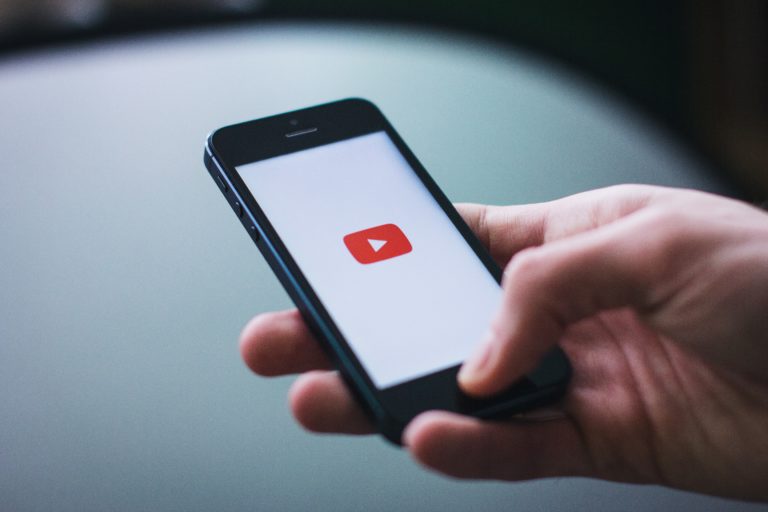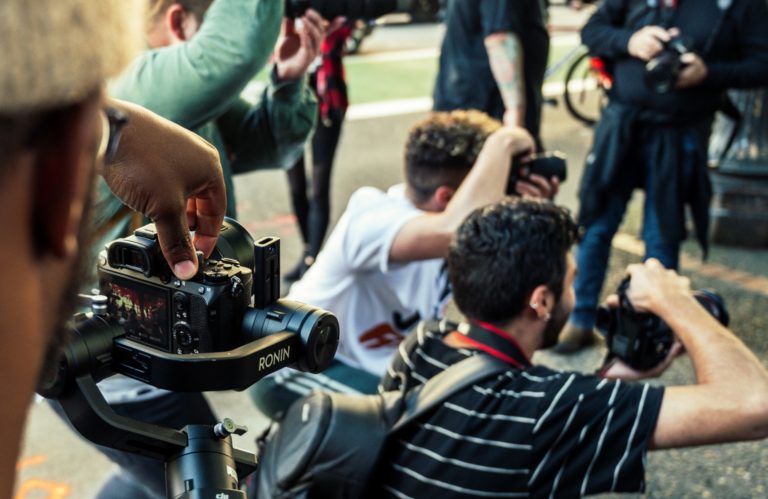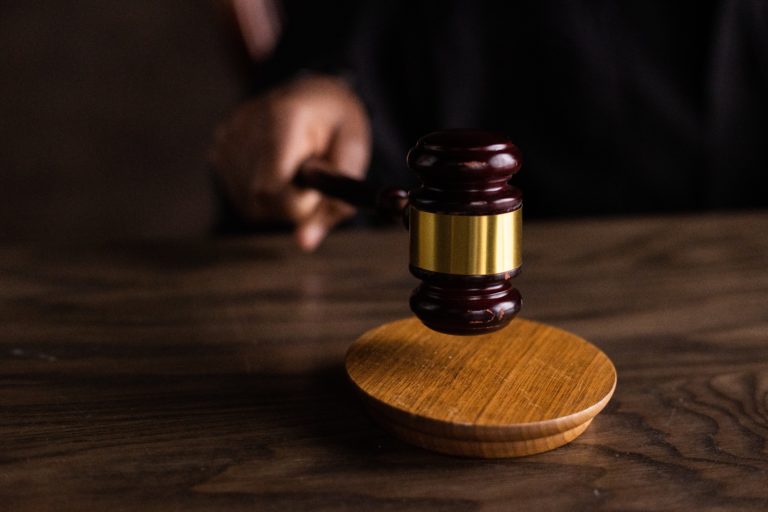COVID-19 and Visa Processing Times – Read Now for an Important Update
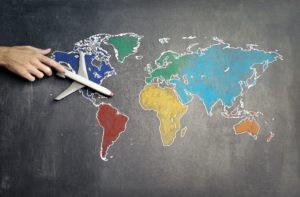
The COVID-19 pandemic has significantly slowed down the United States immigration process. Not only are consulates and embassies short-staffed, but vaccinations have not yet reached certain populations, making travel difficult.
Visa processing times are still compromised. Because of continued COVID-19 precautions and limited resources, U.S. embassies and other consular posts are operating on reduced staffing.
Without sufficient staffing, many applicants waiting for visa interviews have been put on hold. The U.S. Embassies and consular posts will continue to process visa applications but will do so in a limited capacity.
To be as efficient and fair as possible, the Department of State will prioritize visa interviews, as further explained in this blog. A return to normal visa processing times will be dependent on the COVID-19 situation in a particular country.
The Three Key Steps of Visa Processing
Before discussing the priority order for visa processing under COVID-19 restrictions, applicants and individuals who are waiting for an interview at a U.S. embassy or other consular post should understand the key steps to obtaining a visa. Many applicants are unaware of the process and are often surprised when it takes many years to be granted a visa.
Step 1 – File a Petition with United States Citizenship and Immigration Services (USCIS)
The initial step to obtaining a visa is filing a petition with USCIS, the governing body that handles the initial processing of visa applications. The type of petition being filed will be dependent on the type of visa a person is seeking.
Step 2 – Visa Processing at the National Visa Center (NVC)
Once USCIS processes and approves an applicant’s petition, the application is sent to the NVC, where the application will remain until a visa number becomes available. A person often waits many years before a visa number will become available (which depends on the type of visa being sought).
Step 3 – Interview at the U.S. Embassy/Consulate
After a visa number becomes available, an applicant’s petition along with the visa number are sent to the appropriate consular post, which is the U.S. embassy in many countries. The consular post will schedule an interview for the visa applicant to appear and undergo questioning to verify the validity of the information being provided and ultimately issue a visa.
Prioritization of Visa Processing Under COVID-19
While COVID-19 is still spreading in certain areas of the world, the State Department will only process a limited number of applications, giving priority to qualifying family members seeking visas to enter the United States. Currently, visa applications are being processed in the order described below.
Category No. 1 – Applicants Subject to Temporary Refusal
The first group of visa applicants to be processed are those who already underwent interviews but were denied visas pending submission of additional documentation. The denial is a temporary refusal pursuant to Section 221(g) of the Immigration and Nationality Act (INA).
Category No. 2 – Child Applicants
The second group of visa applicants to be processed are derivative children who are turning 21, at which age they lose eligibility to obtain a visa as a derivative child.
Per Section 424 of the Patriot Act, a child seeking an immigrant visa who turned 21 years of age AFTER September 2001 and who was a beneficiary of a petition/application filed BEFORE September 11, 2001, will be deemed a child for a period of 45 days following the child’s 21st birthday.
Under the Child Status Protection Act (CSPA), a derivative child over the age of 21 may still qualify for an immigrant visa if the visa application was filed before the child turned 21 years of age. The date a petition/application is filed is called the “priority date.”
All CSPA applicants must present the USCIS approval notice when appearing at the U.S. embassy or consulate. The approval notice will document that a child was under the age of 21 at the time the petition seeking the immigrant visa was filed.
Category No. 3 – Visa Applicants with Scheduled Interviews
Certain qualifying visa applicants whose interviews have already been scheduled are next in line for appearing at their interviews and obtaining visas. Qualifying visa types in this category include the following:
- Immigrant Visa for a Spouse of a U.S. Citizen (IR1 and CR1 visas);
- Spouse of a Deceased U.S. Citizen (IW visa);
- Child Green Card (IR-2 visa);
- Unmarried Child of Foreign Spouse (CR2 and IR2 visas);
- Adopted Children (IR3, IH4, and IR4 visas);
- Parent(s) of U.S. Citizen (IR-5 visa);
- Foreign Fianc(é)e and His/Her Child(ren) (K-1 and K-2 visas);
- Returning Lawful Permanent Residents (LPR a/k/a Green Card Holders) Who Remained Outside the U.S. For More than One Year (SB-1 visa); and
- Green Card Holders Who Lost Their Travel Documents and Need to Apply for a Boarding Foil Using Form I-131A (a travel document allowing lawful reentry into the United States).
Aside from the categories identified above, all other visa interviews are suspended until conditions and operations relating to COVID-19 are lifted, allowing embassies and consular posts to operate at full capacity.
Nonimmigrant Visa Fees – Extension of Deadline Under COVID-19
Nonimmigrant visa fees (called the “MRV fee”) must be paid before a visa applicant can obtain an appointment date. Visa fees are valid for one year, but because of the significant number of appointment cancellations, embassies and consular posts have extended the validity time until September 30, 2022. The extension provides more time for visa applicants to schedule visa appointments for interviews.
Backlog of Visa Applications Under COVID-19
The prioritization of visa processing and the scheduling of interviews is dependent on whether visa applicants have submitted all required documentation to the satisfaction of USCIS and NVC and whose priority dates are current.
Given the impact the COVID-19 pandemic has had on consular operations, qualified applicants (who have already submitted all required documentation) may still have to wait much longer than they otherwise would to schedule a visa interview. Presently, there are nearly 500,000 visa applicants who qualify for the next step to schedule a visa interview.
Additionally, the COVID-19 pandemic has led to a surge in visa applications, which has overwhelmed USCIS, and in turn, has overwhelmed the NVC. As such, the combination of being short-staffed due to the COVID-19 pandemic and the surge in applications during the pandemic have burdened the U.S. immigration system.
What Will Speed Up Visa Processing Times?
Numerous factors are collectively causing a slowdown in visa processing, with the COVID-19 pandemic being the prime factor that will dictate how long it takes to return to normal visa processing times. Because some countries have been harder hit by the pandemic than others, a visa applicant in India may be waiting much longer for an interview than a visa applicant in Australia, for example.
The following changes will eventually yield progress so that visa processing times will return to their pre-pandemic levels:
- Increased Vaccinations – Some countries have not received much-need doses of the COVID-19 vaccine. Countries with a large population of vaccinated individuals will return to normal visa processing times much more quickly than countries that have a small population of vaccinated individuals.
- Decreased Application Rate – The surge of visa applications during the COVID-19 pandemic may eventually wane, providing USCIS and the NVC with some breathing room to process applicants who are qualified to undergo visa interviews.
- Increase in Staff Members – As the United States sees relief from COVID-19, the workforce is slowly returning to what it was before the pandemic. An increase in staff members at USCIS and NVC can help to handle processing the close to half a million visa applicants awaiting interviews.
Immigration laws are confusing and do not always make sense to visa applicants. The constant change in immigration policy stemming from the COVID-19 pandemic can be stressful for visa applicants trying to predict what will happen next. Frustration, fear, and anxiety are plaguing many visa applicants who may feel they will never reach the interview process, obtain a visa, and lawfully enter the United States.
Because immigration matters can be difficult to digest, and because of the importance of submitting accurate documentation to USCIS and NVC, visa applicants should strongly consider working with an immigration attorney throughout the entire visa application process.
Contact Shihab Burke, LLC, Attorneys At Law Today to Discuss Your Immigration Needs
If you wish to obtain a visa to enter the United States, you will need the help of a superior immigration lawyer. Attempting to file the required paperwork with USCIS without the help of a lawyer can be confusing, stressful and can make the process take longer.
Avoid mistakes by seeking the help of a legal professional who routinely handles visa applications.
The Ohio immigration lawyers of Shihab Burke, LLC, Attorneys At Law understand how difficult it can be to wait years to obtain a visa. With the assistance of our lawyers, you will not need to worry about whether you are taking the proper steps to reach your immigration goals.
Our firm has offices located in Columbus and Dublin, Ohio, and Michigan, but we provide legal representation to clients nationwide. To speak with an Ohio immigration lawyer, contact Shihab Burke, LLC, Attorneys At Law today by calling (866) 665-0001 or by completing an online form.
